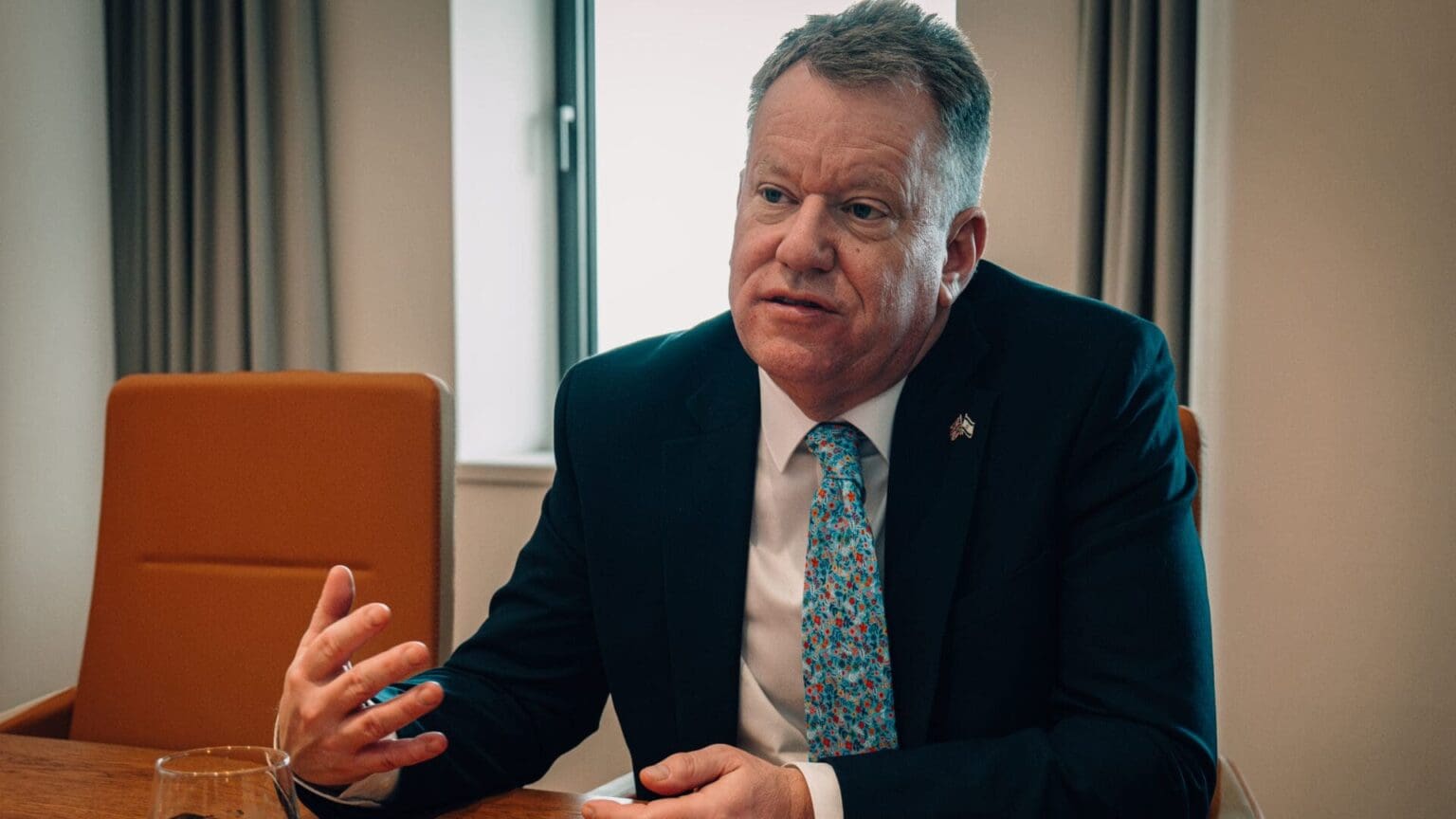
‘I am a qualified admirer of what has been done in Hungary over the last decade and a half. We can learn a lot from the fairly uncompromising attitude of the Hungarian government on issues such as state authority and the nation. I would also mention the handling of migration and the fact that the Hungarian government just didn’t care what others think in this matter: they just focused on protecting their borders.’
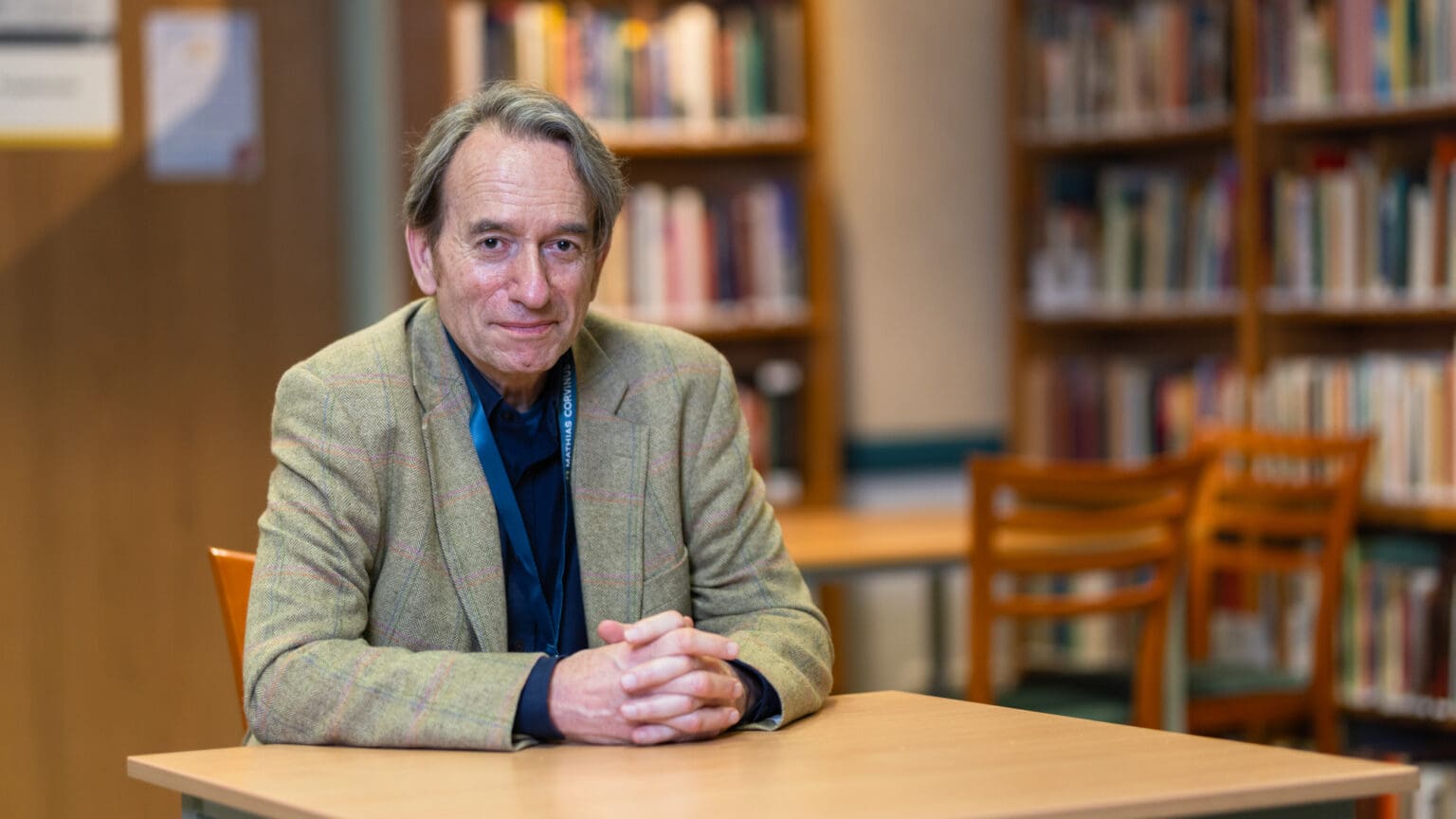
According to Martin Robinson, the essential question about the use of AI in general is whether it is humans who remain in charge of and part of the process, or not.
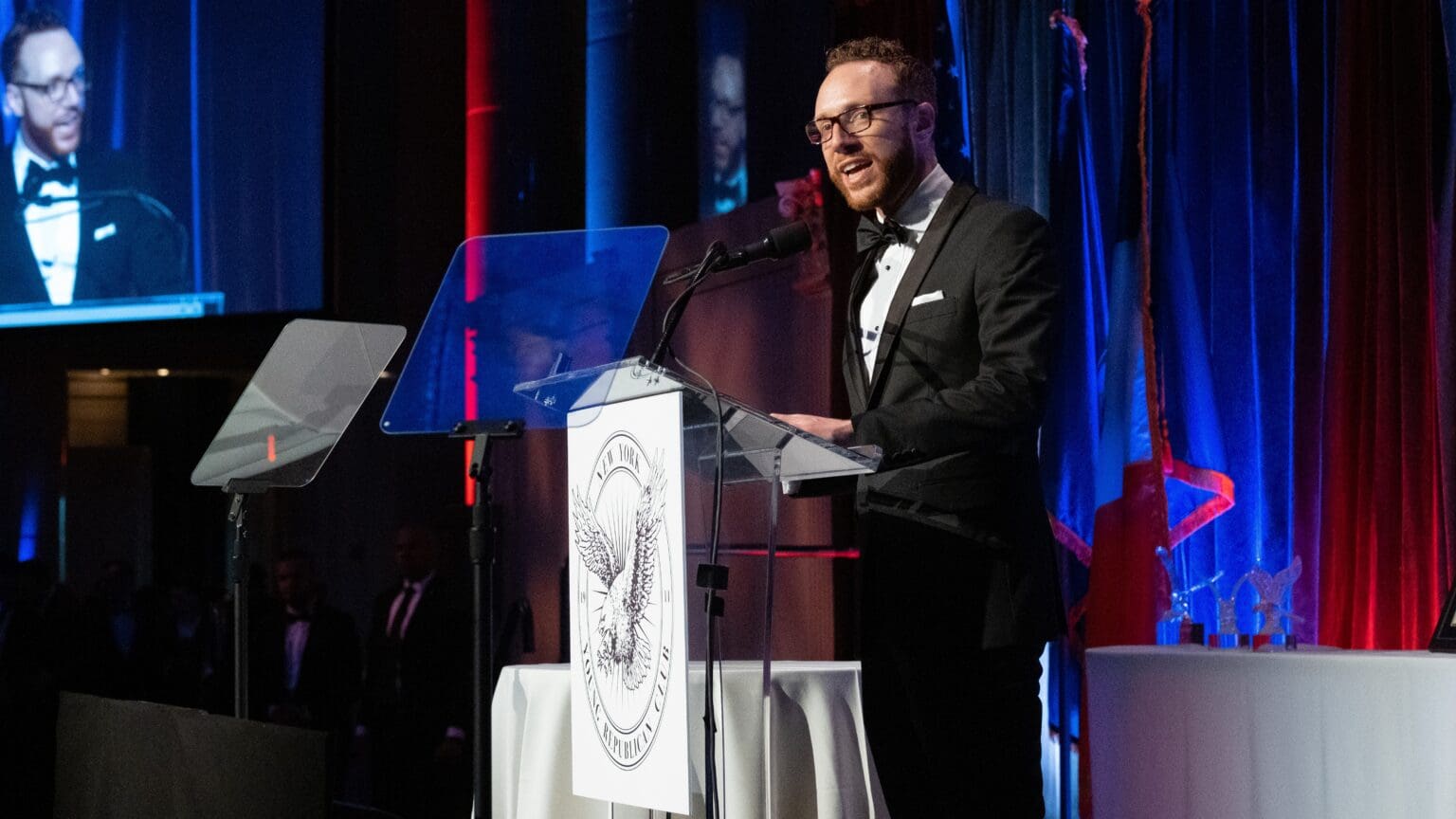
‘The way PM Orbán has redefined Hungarian identity and sought to maintain, develop and foster relationships with Hungarians who were dispossessed of their homeland in the Treaty of Trianon is something I personally have tremendous respect for. ’
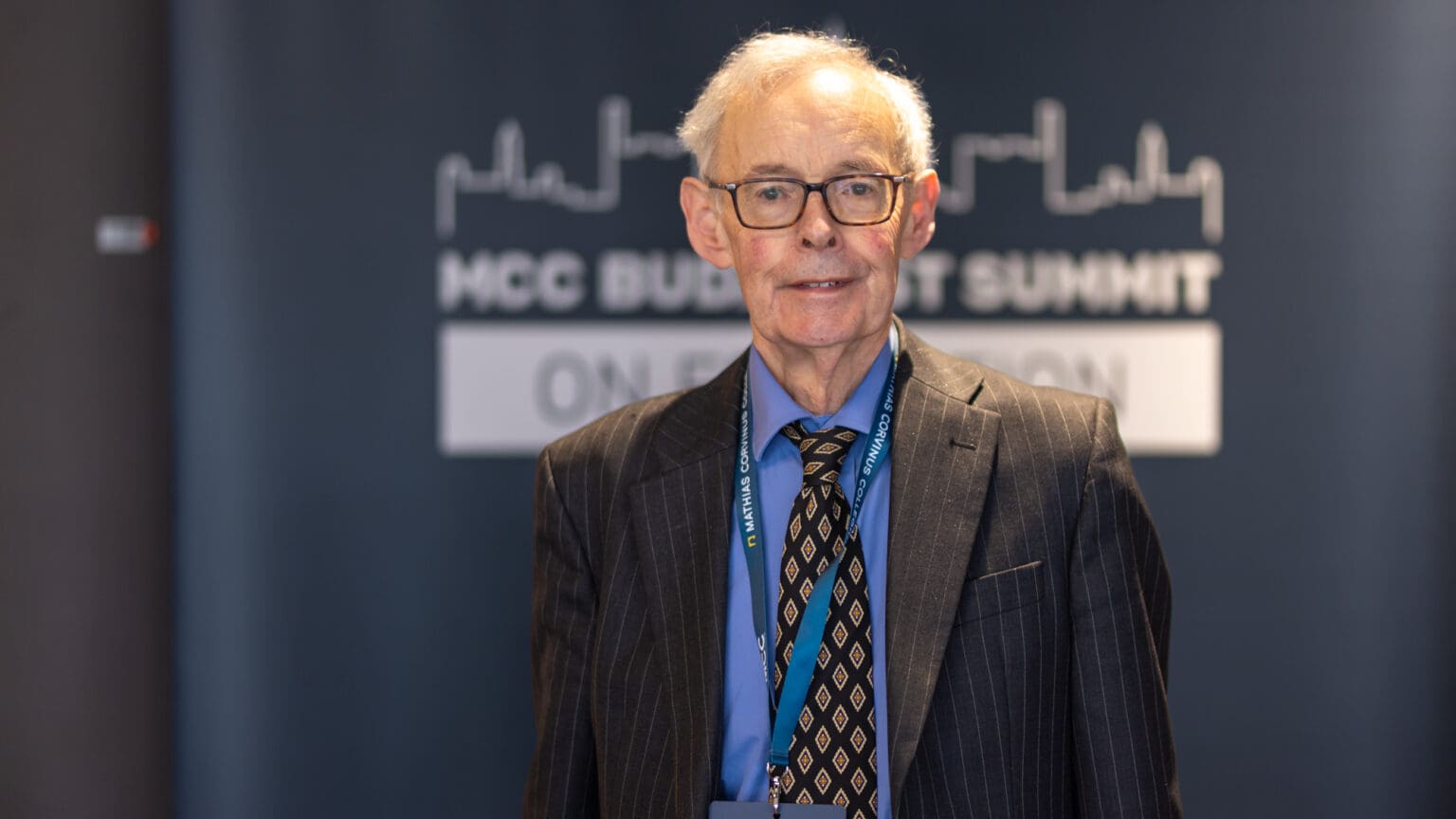
The question whether parents should be involved in what goes on in the school comes up frequently. In this interview Anthony O’Hear shares his opinion on the topic, while also discussing the issue of examinations and the inclusion of AI into education.

‘It’s just unarguably the case that whatever it is they accuse someone like Viktor Orbán of doing, the progressive left in America, it is quite clear that these conditions apply in immeasurably more effect to the American system.’
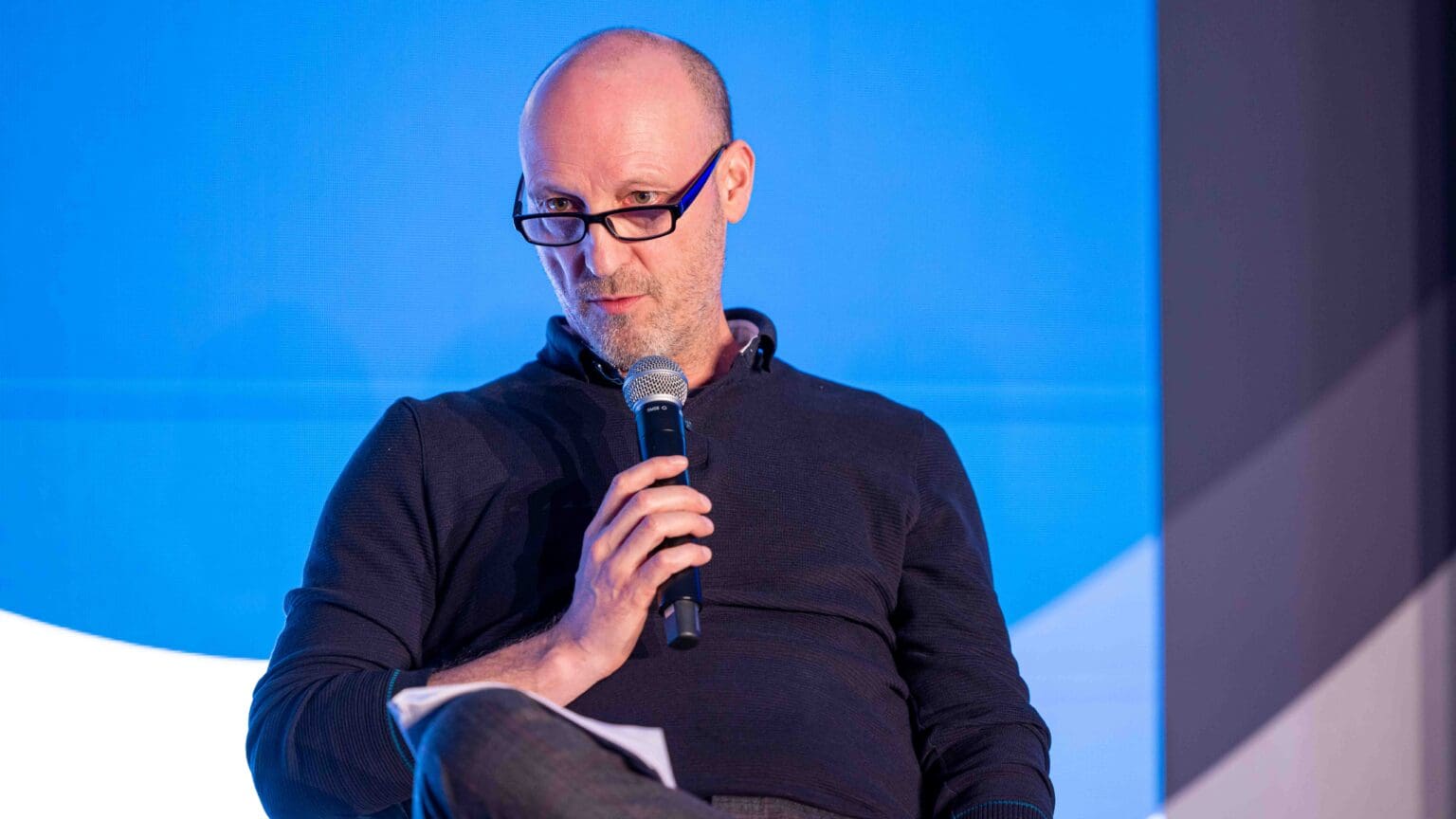
Political activism in schools, the introduction of politics into the curriculum and the regulation of AI in education are all important questions today. In this interview, Stuart Waiton offers insight into the controversies surrounding these topics.
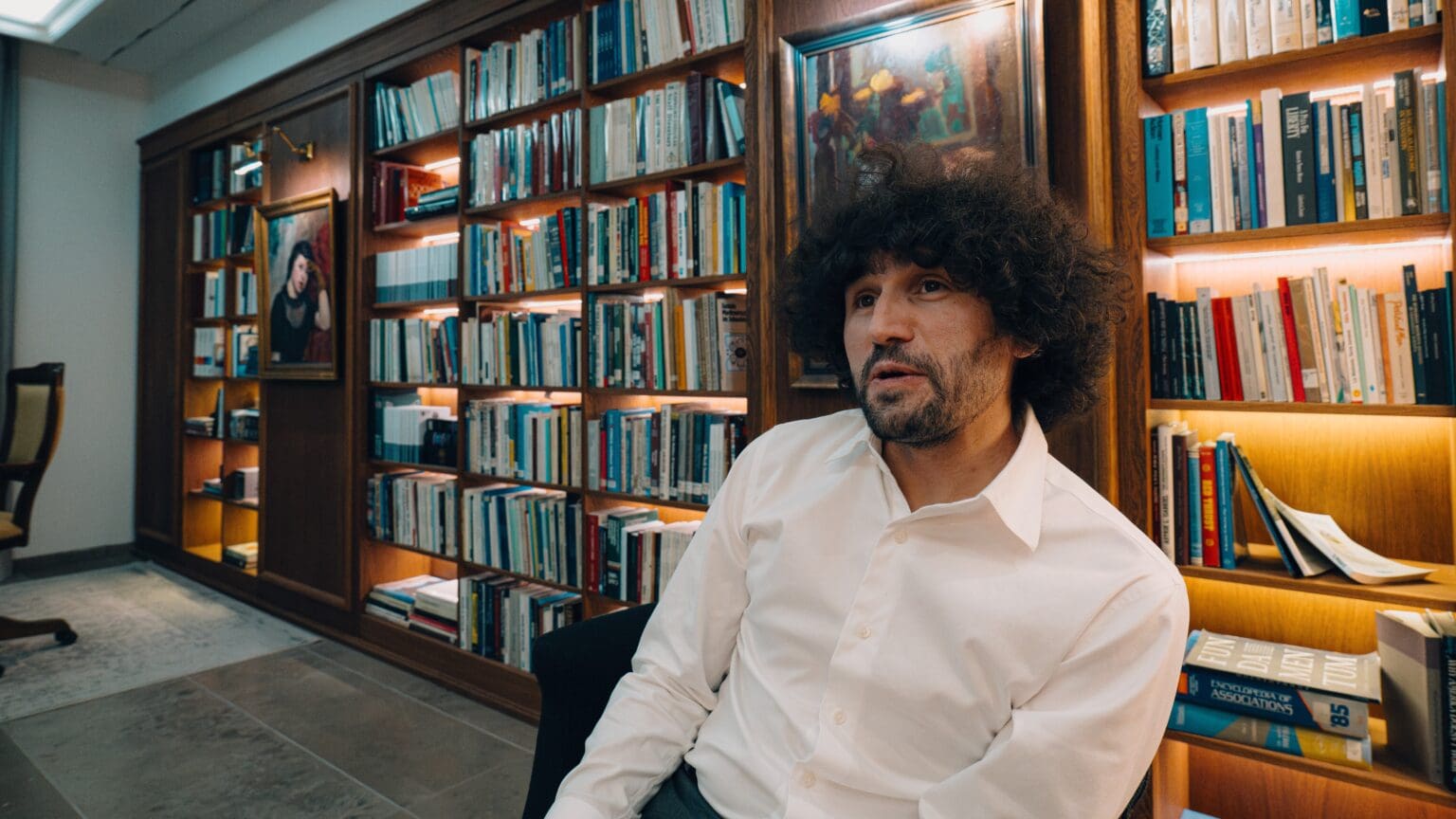
‘I was outraged to learn that the Erasmus opportunity is being denied to Hungarian students and researchers. As a former Erasmus student, this particularly upsets me. In the meantime, it turns out that the EU has awarded funds of almost two million euros to the Islamic University of Gaza, which is connected to the terrorist organization Hamas. This is absolutely insane,’ philosopher and political scientist Leonardo Orlando told Hungarian Conservative.
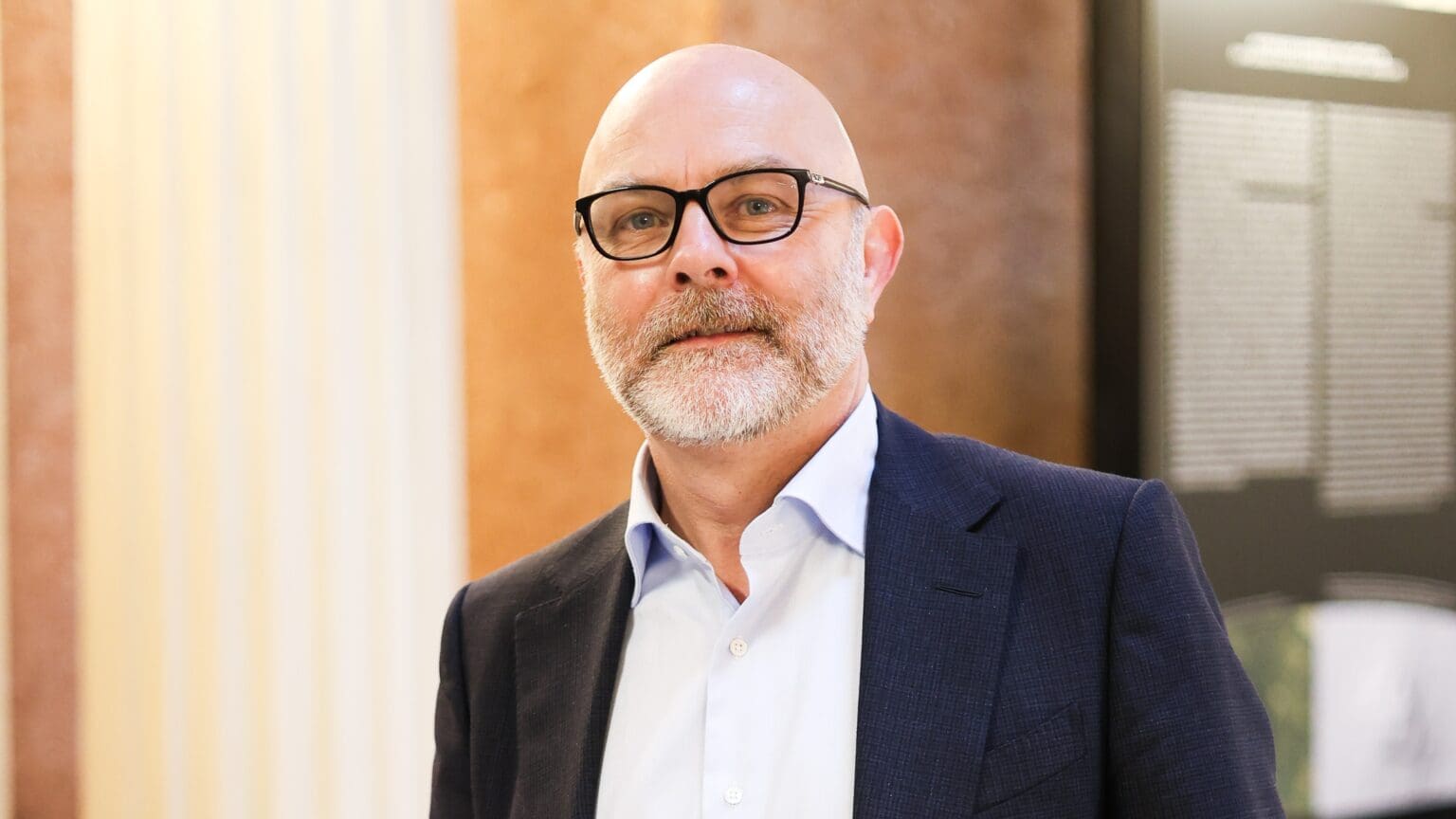
‘Having a child is a vulnerability, especially for women, and particularly in today’s world, where there is no guarantee that a marriage will last. So you might find yourself on your own, and you may find yourself dependent on the state in some way. So a state putting general policies together to make it possible to have that loan towards a house, such policies in Hungary, I think are actually a potential template for other nations around the world.’

‘A double standard is to be expected. It is what we, conservatives always have to live with, because the left controls all these institutions and communication channels, and the left will do everything it can to help their favoured candidate win.’

‘The public mood has been turbulent since 2021. From a campaign perspective, it’s astonishing the current administration is actually trying to prosecute the main political rival of the sitting president. They’re doing that while also implementing policies that have resulted in hundreds of thousands of people flooding over the border illegally each month and doubling or tripling the cost of food and fuel. People see and feel all of this, and they’re frustrated. As a result, they’re going to vote for change and I expect Conservatives will see success in 2024,’ Troup Hemenway, Heritage Foundation senior consultant and one of the leaders of Project 2025 Troup Hemenway opines.
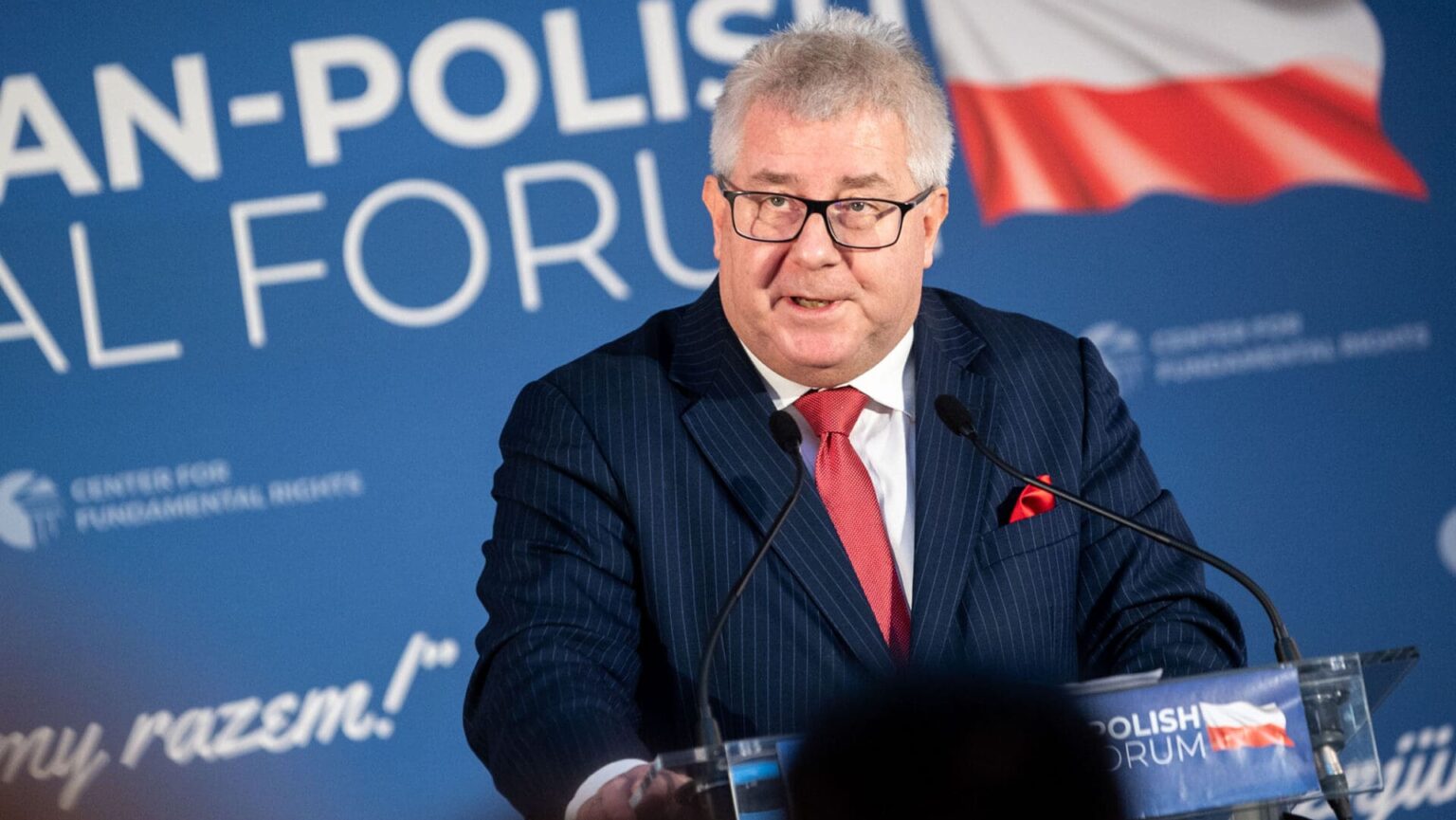
In essence, Europe needs Poland and Hungary, Polish MEP Ryszard Czarnecki argues. An interview about double standards, rule of law concerns about the Tusk administration, and the key role of conservative journalists and experts in the conservative European realignment.

‘We must defeat, not pacify, the Palestinian dream of annihilating Israel. Defeat, not come to terms with nor even deter. But this may well turn out to be a historical turning point of history beyond Israel because it is a wake-up call for the West in general. The West has lost its immune system in a multicultural haze that has left it unable to see differences.’
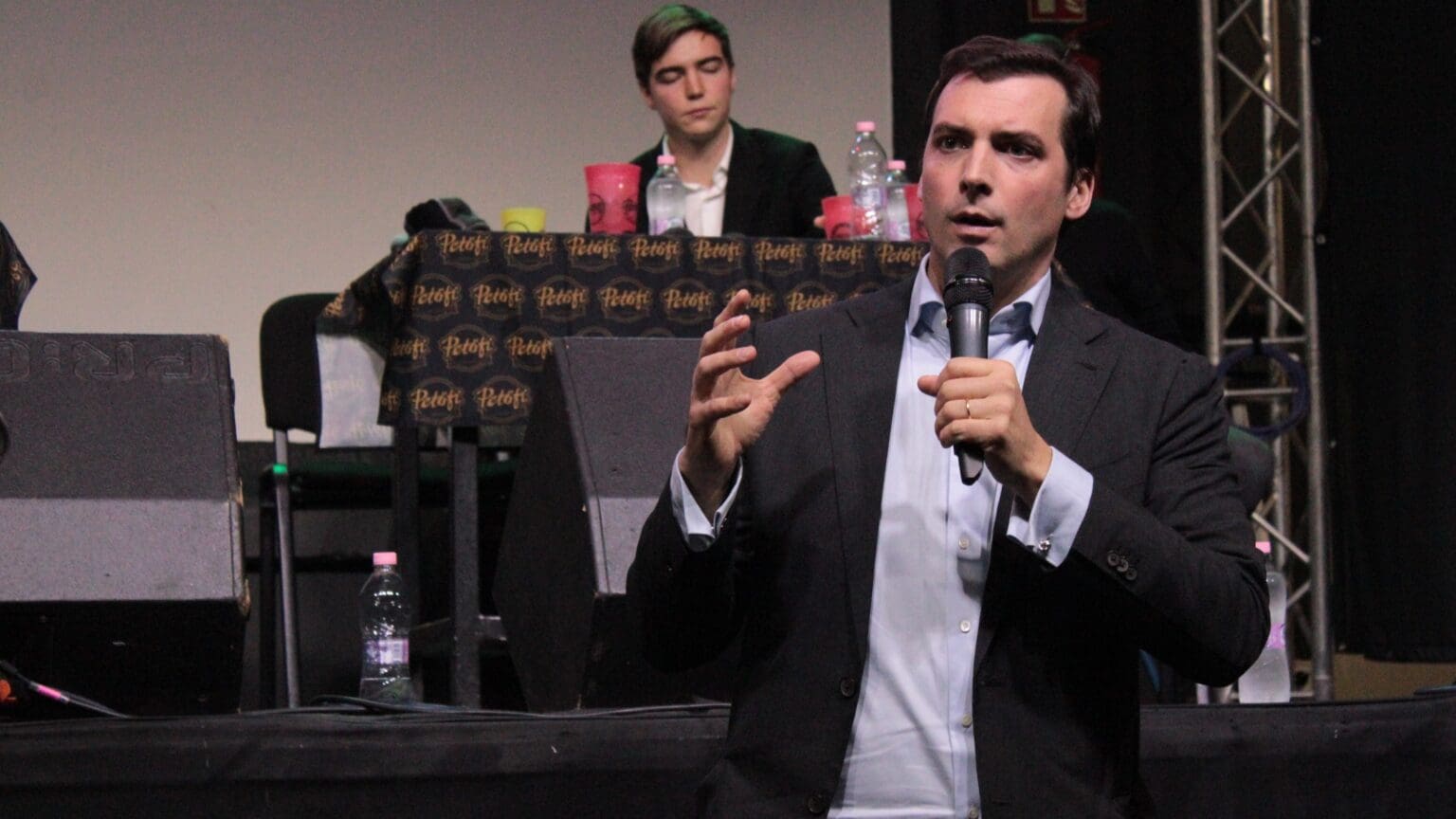
‘We have to rid ourselves of the fundamental cultural Marxist idea that we must destroy European identity at its very fundamentals. That we must destroy the classical nuclear family. We must destroy nations. We must destroy classical aesthetics. We must destroy the Christian faith. That’s wrong,’ says Dutch politician and author Thierry Baudet in an interview with Wael Taji.
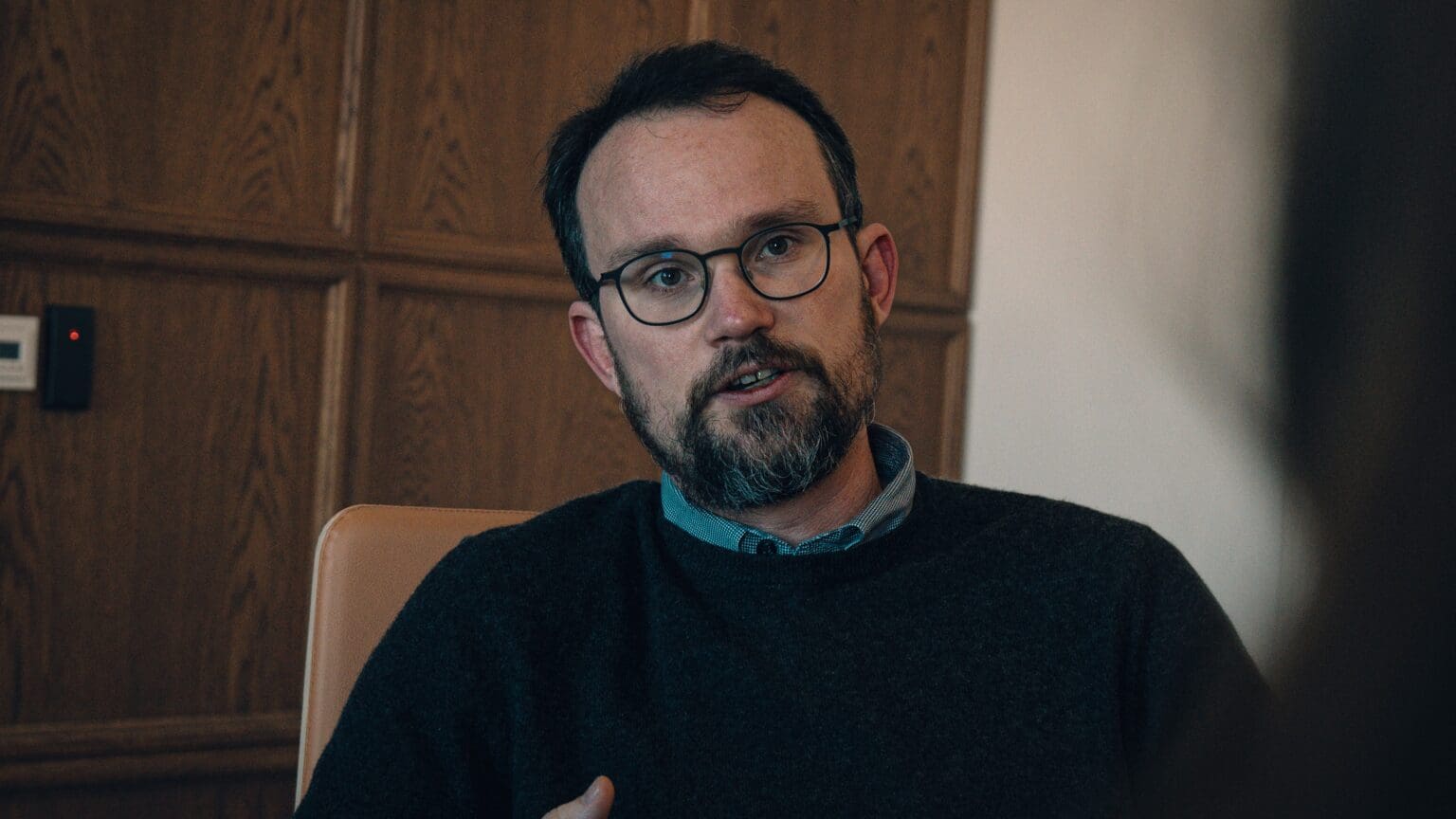
Orthodoxy is the second largest form of Christianity in the world, with some 200 million believers, Dr Noble highlighted in our interview, reminding that of the nine recognized candidate countries for membership of the EU, there six countries with an Orthodox majority.
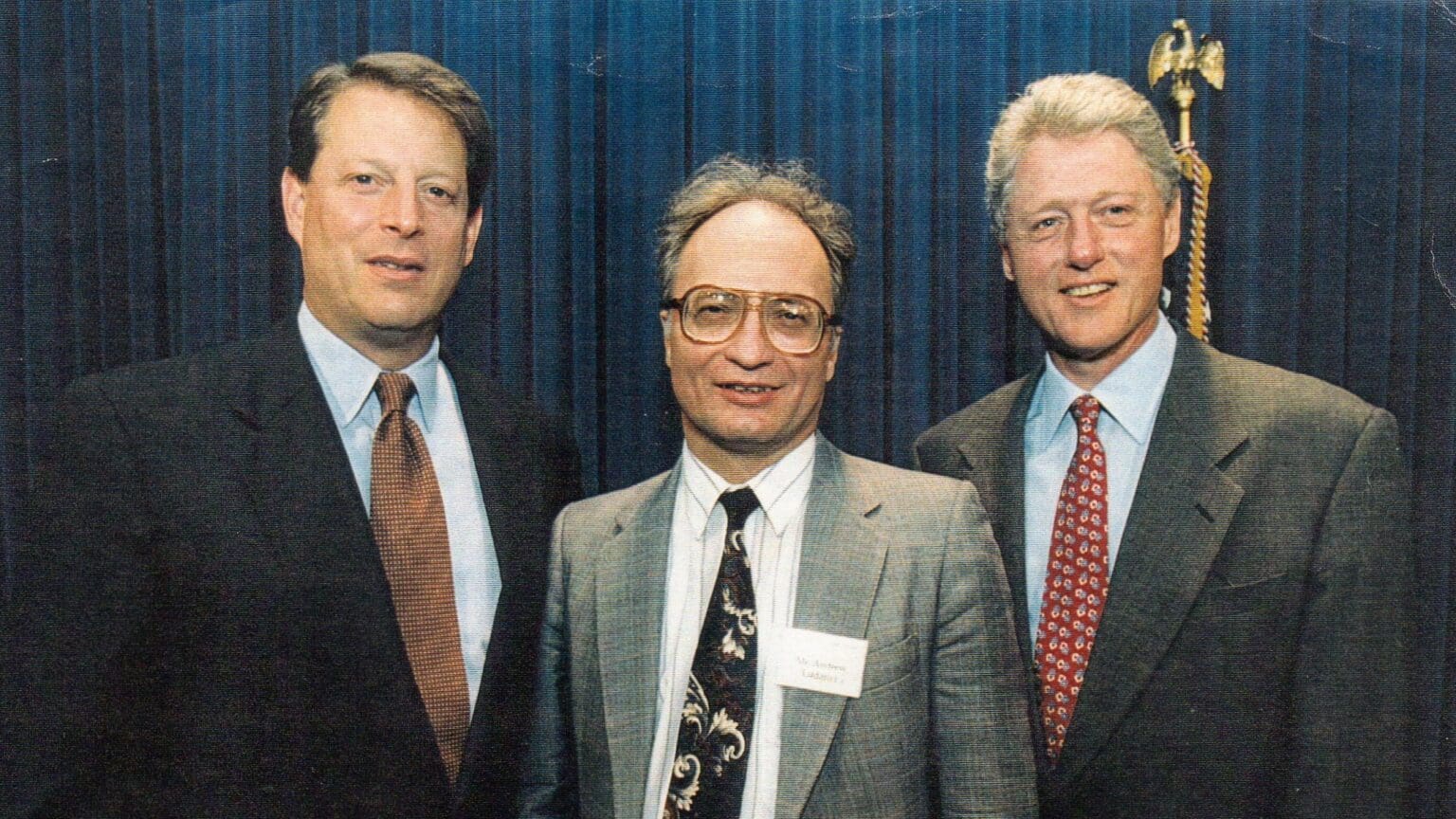
An interview with Hungarian American political scientist András Ludányi on his family background, scouting, his teaching career, his political preferences, and the representation of Hungarian interests in the US.
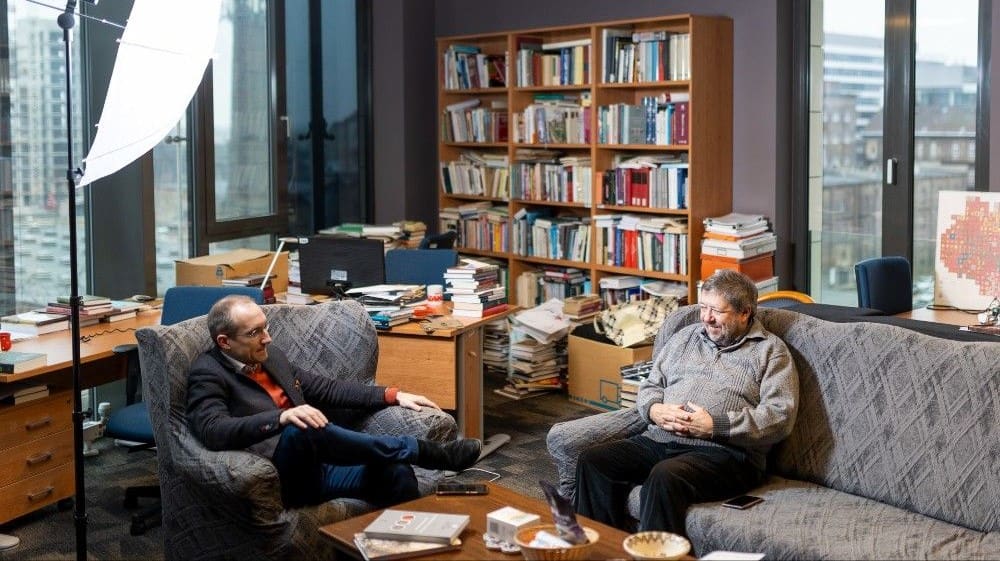
‘As I myself experienced as the first director of the Hungarian Cultural Centre (Liszt Institute) in Zagreb, which opened in January 2014, Croats have a positive attitude towards Hungarian culture. The Institute is now ten years old, very active, and there is a huge interest in Hungarian culture.’ Read Mandiner’s in-depth interview on Croatian– Hungarian relations with historian Dénes Sokcsevits.
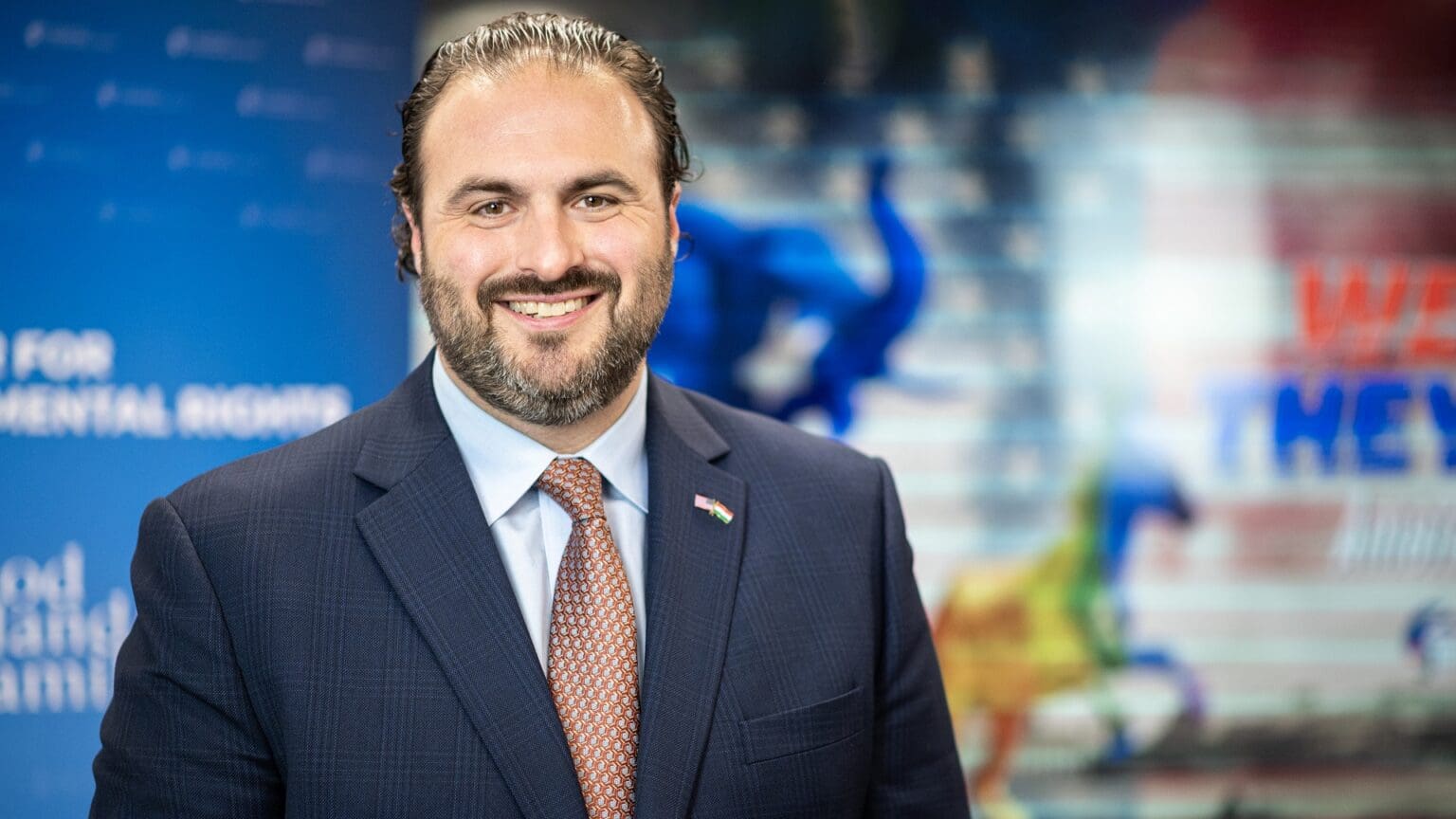
‘In America, we have so many horrible things happening, you know, with the gender ideologies, the LGBTQ, and the open border, and all these different things. So, when we conservatives in America look around for friends, we don’t have to look much further than Hungary to see that you guys are doing a lot of things right that we’d like to replicate.’
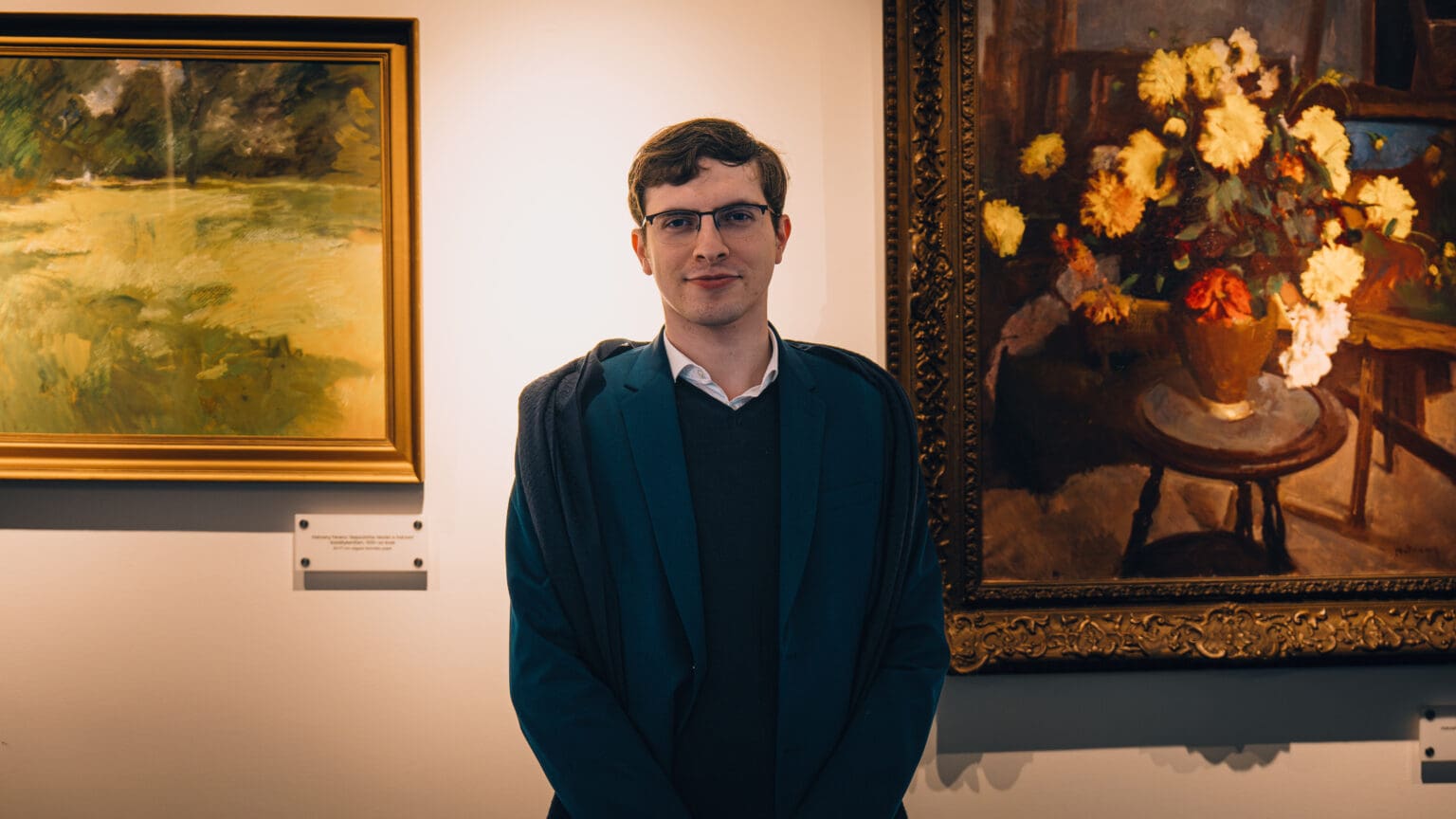
An interview with US geopolitical analyst and Visiting Fellow at the Danube Institute Carlos Roa on the challenges of the EU, keystone states, the dangers of decoupling, and the ideological reading of the Russo–Ukrainian war.
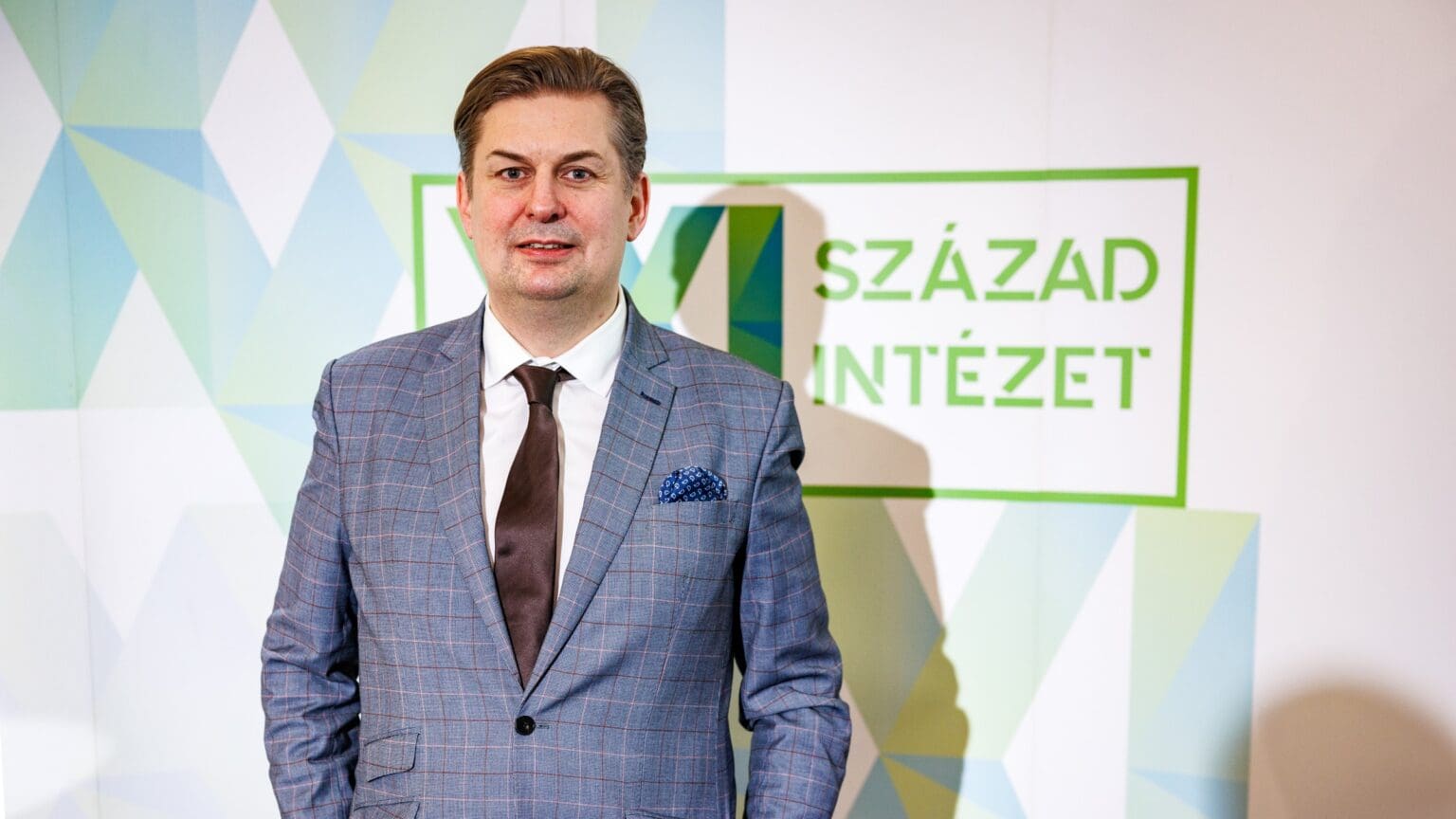
The ongoing demonstrations against the AfD will not have a lasting impact on the party’s support, and consequently, will not negatively influence the upcoming EP elections in the summer, Maximilian Krah told Hungarian Conservative.
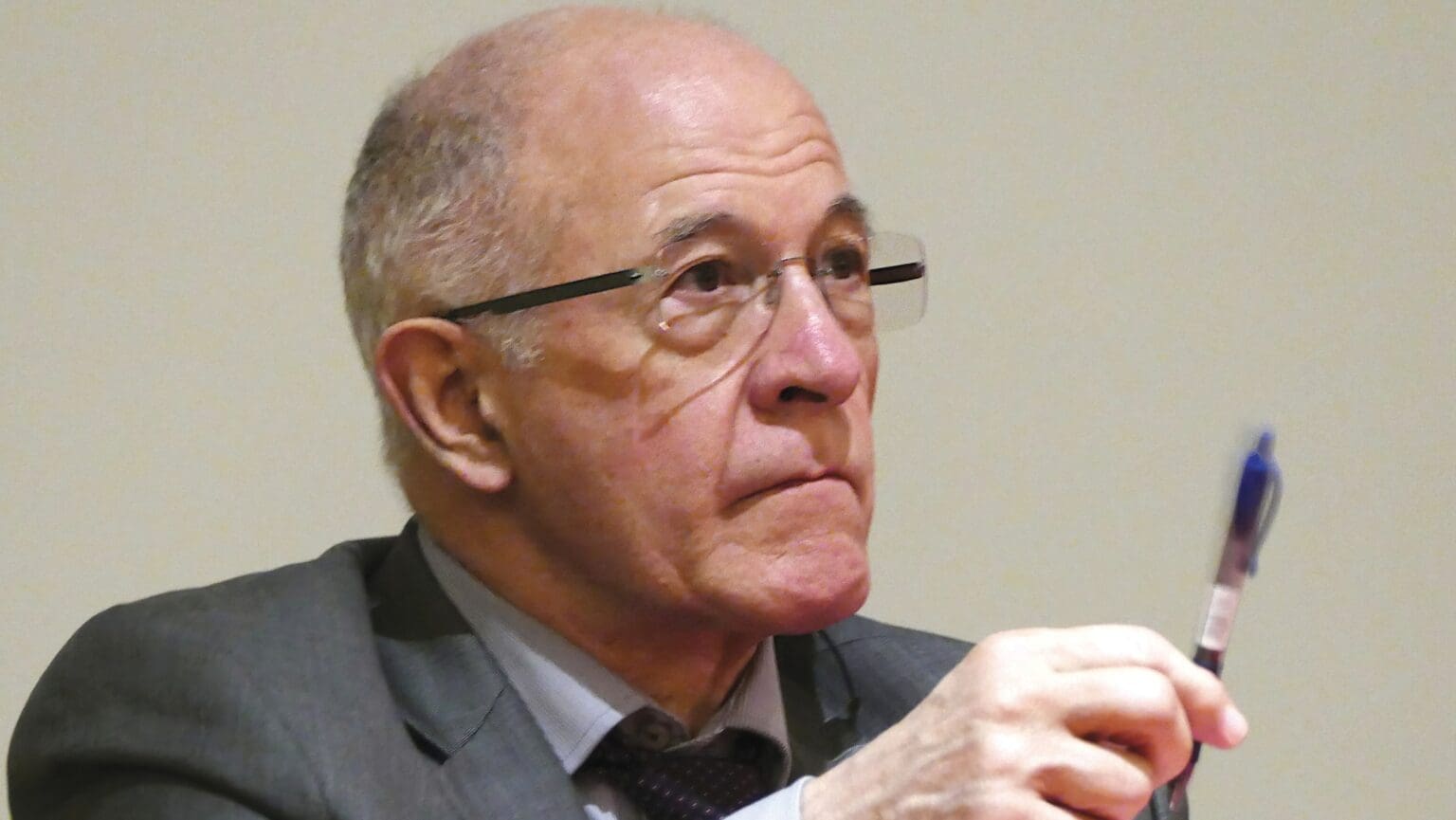
An interview with French professor of philosophy Rémi Brague about politics and the political, historical ignorance, secularization and Islam.

Gábor Nagy, winner of international awards, started to grow chili peppers twelve years ago for fun, prompted by a habanero. An interview about re-learning the concept of hot.
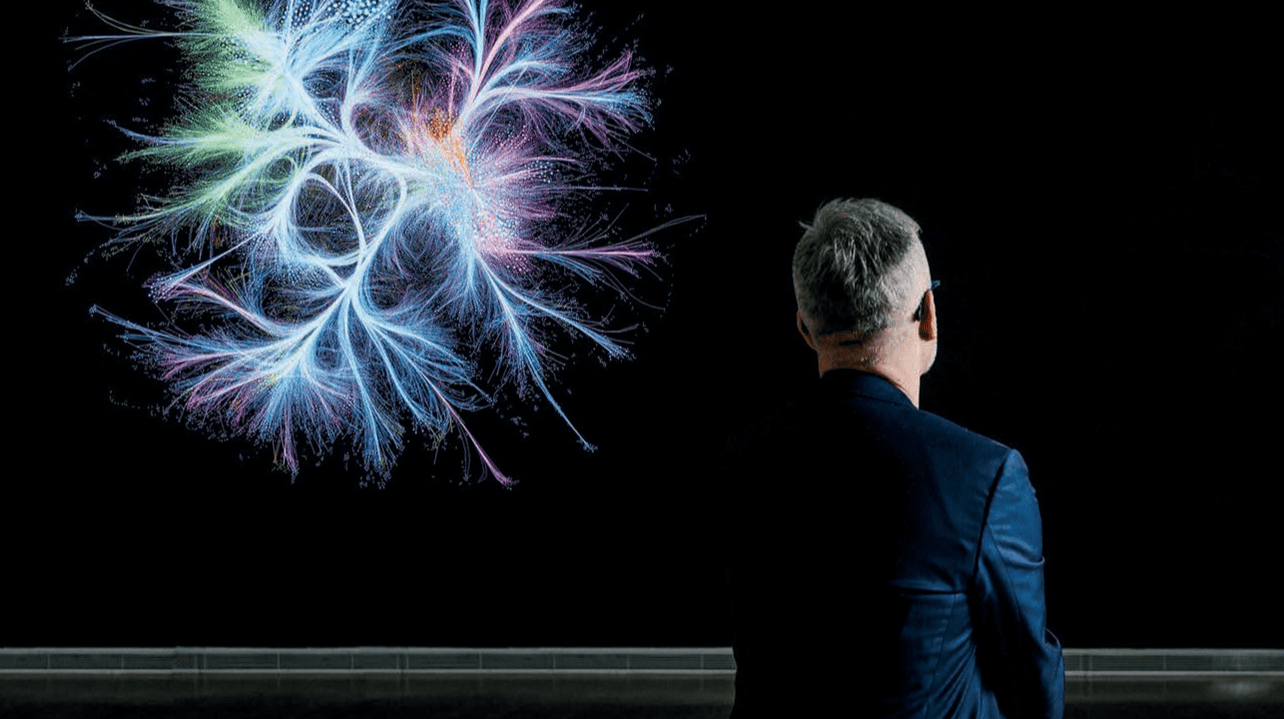
In this interview, world-famous Hungarian American physicist Albert-László Barabási shared his thoughts about the Covid pandemic, the relationship between art and science, Székely stubbornness and curiosity.
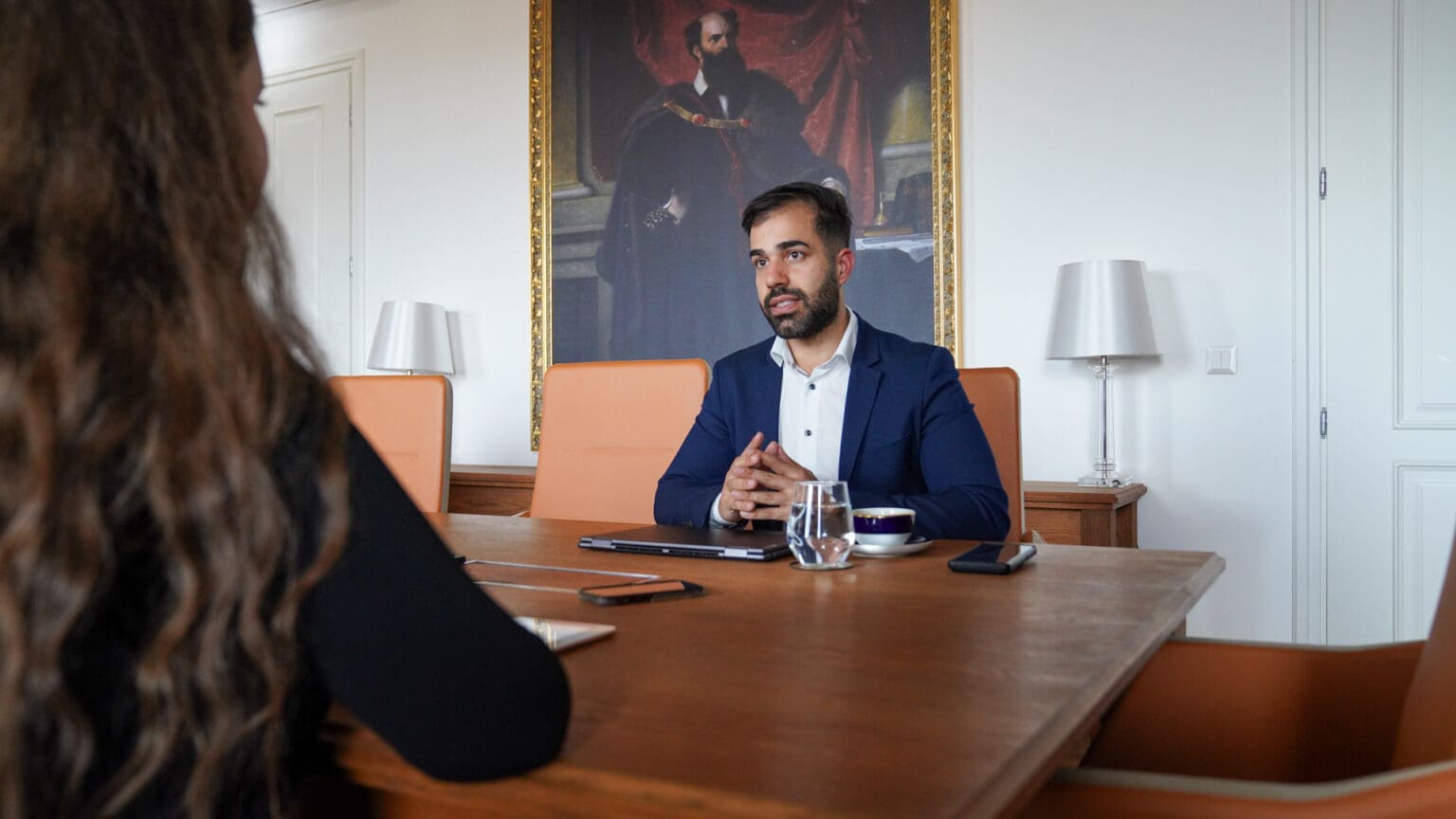
‘In Gaza, Judea, and Samaria, we will have to do de-Nazification programmes just like Germany after WW II, to de-Nazify the society from all of these antisemitic textbooks and praising of terrorists…All of this will have to change.’

‘It goes against the Constitution and undermines the legitimacy of democracy in Spain, granting legitimacy to criminals. So what we have at this moment is a criminal alliance which gives the majority to Sánchez. This is why Vox and Abascal have emphatically stated that we have an illegitimate and illegal government, and they refuse to recognize it, viewing it as a coup d’état.’
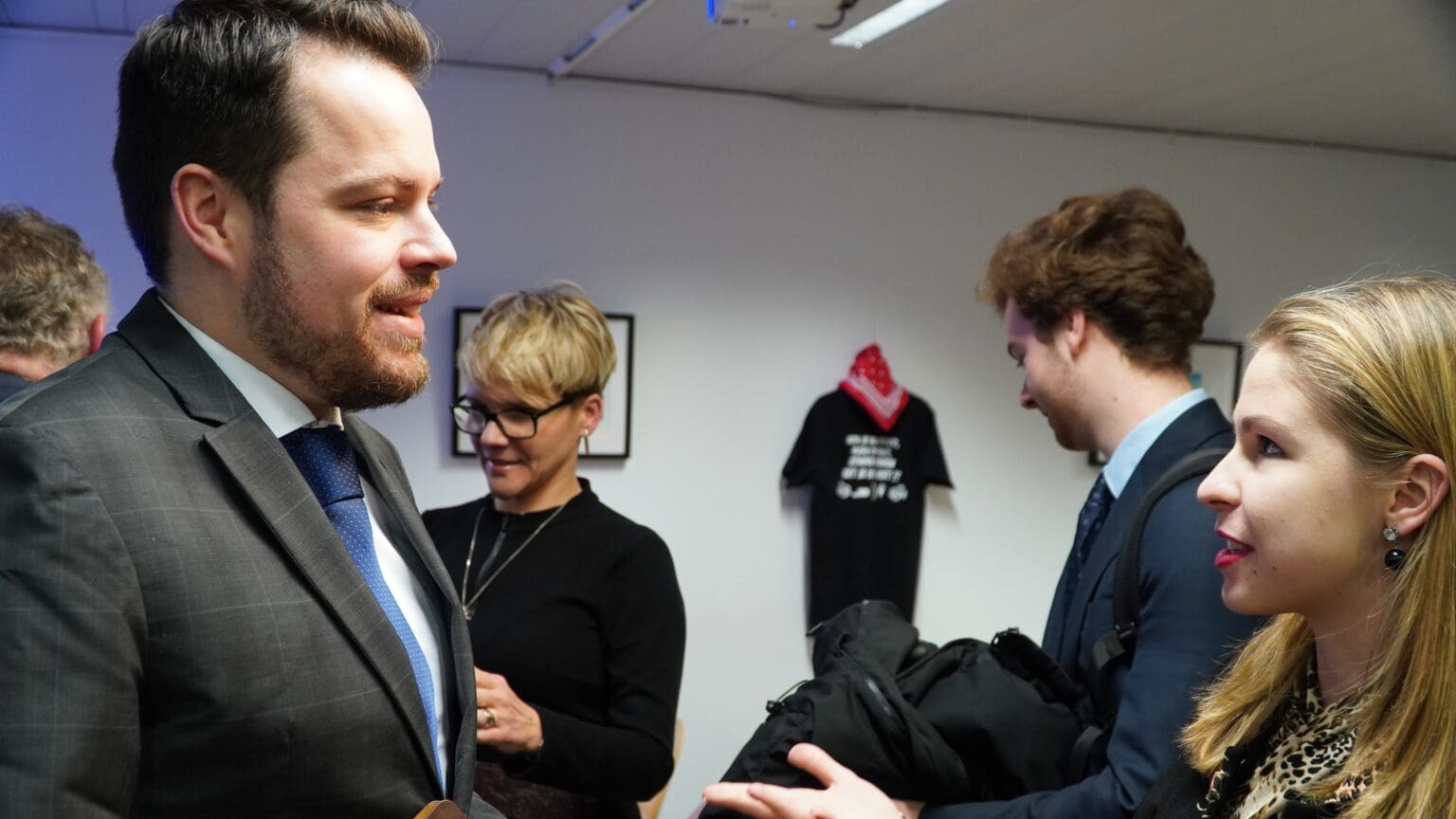
When aiming for lower emissions, it is easier for EU politicians to shut down farms than shut down industries, because farming has a smaller impact and is less visible, which makes it an easy target, governance expert Richard J. Schenk argues.
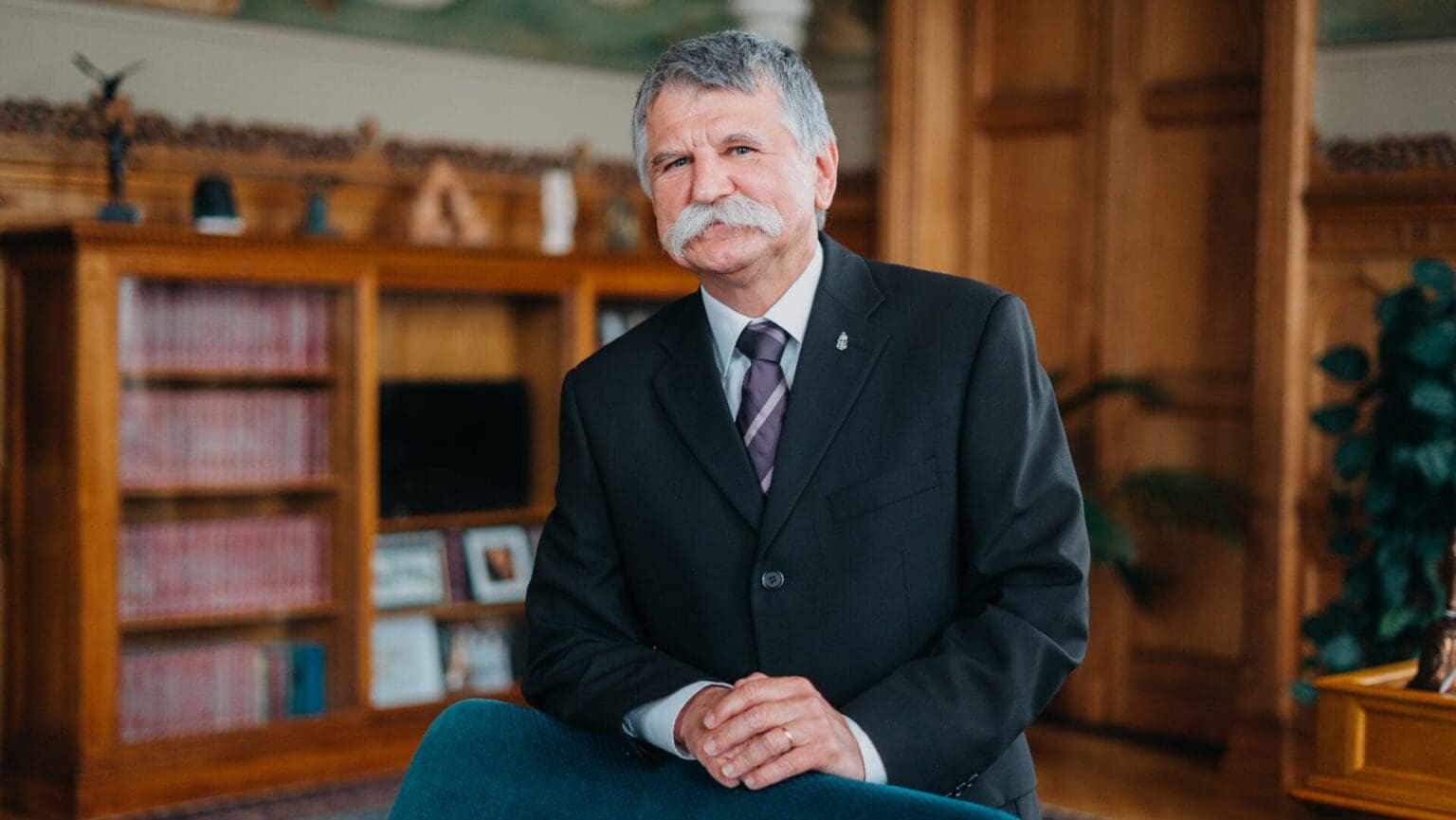
‘It seems clear that both federalists and sovereigntists agree that the current treaty framework isn’t up to the task of addressing the crises in the European Union and its Member States. To tackle these issues, it’s evident that new treaties need to be crafted.’

‘It’s a bit overblown, this ‘Hollywood dream’ thing. All you have to do is work hard, that’s the secret. I am one hundred and ten per cent sure that nothing was in vain, and my dreams will come true.’

‘If you are a Hungarian, then I think you have a duty to conserve Hungarian culture. And there is certain music that is native to Hungary. If you’re an Austrian, or a German, then really the most important people in your musical culture are Bach, Beethoven, Mozart, these names.’
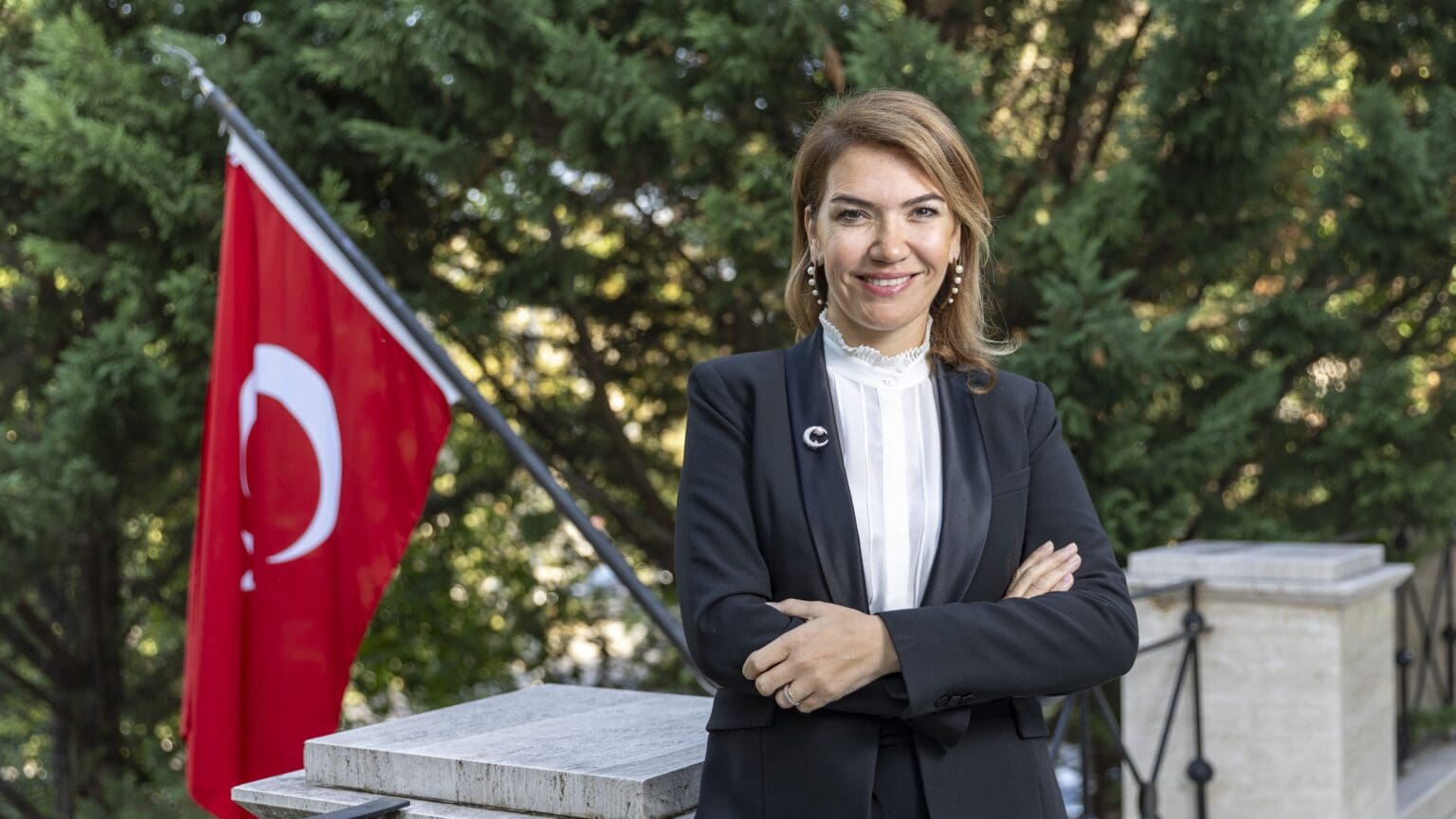
While Turkish–Hungarian relations are based on mutual interests, Ankara regards Hungary as a strong ally, and a country that is linked to Turkey by a sense of kinship, according to Turkish Ambassador to Hungary Gülşen Karanis Ekşioğlu.
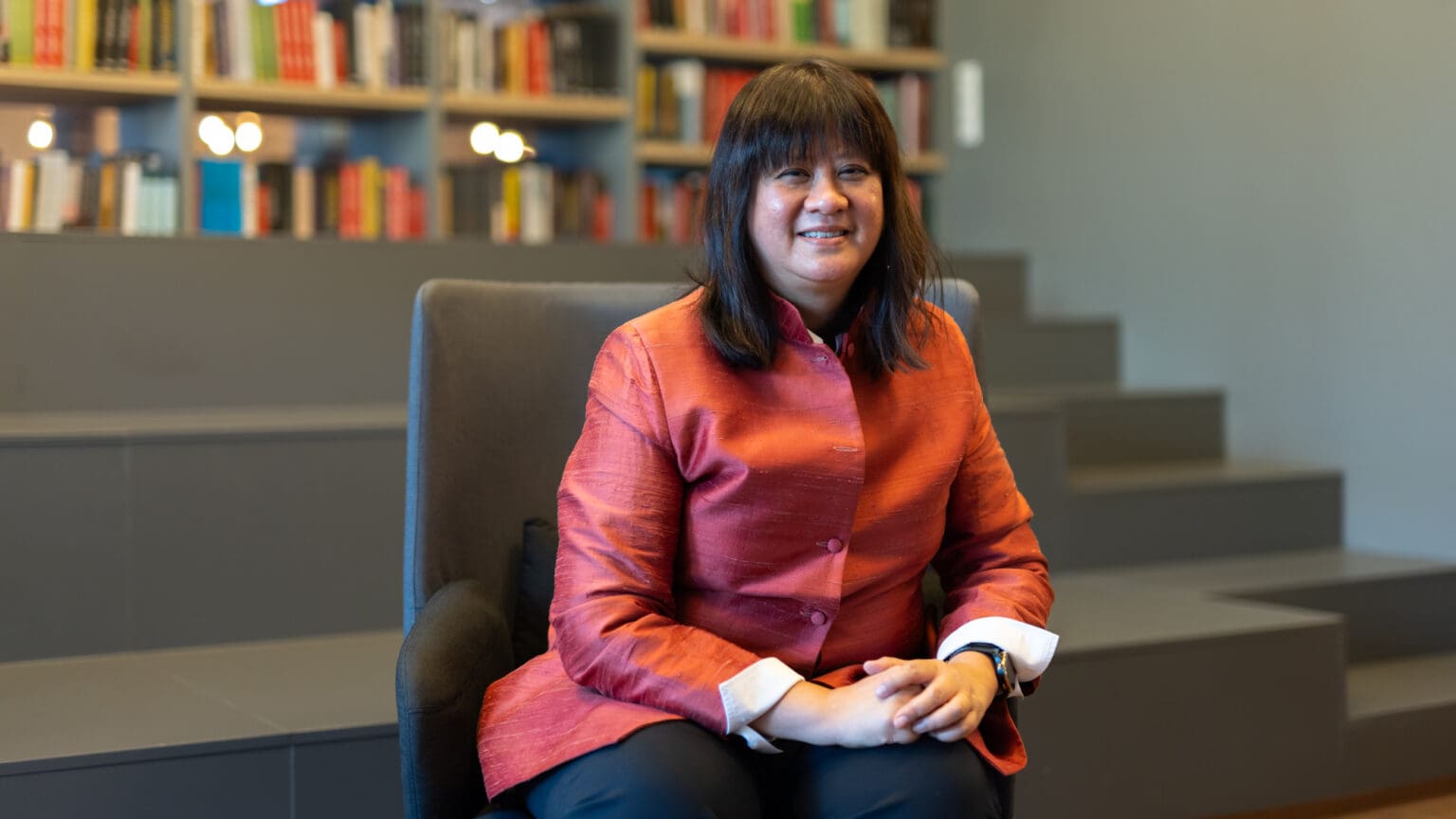
Marriage is a social good, liberal abortion laws cheapen life, and religious perspectives are legitimate if they are properly articulated. An interview about re-moralized Western states, the limitations of free speech and the right to be born as a human right.

Hungarian Conservative is a quarterly magazine on contemporary political, philosophical and cultural issues from a conservative perspective.